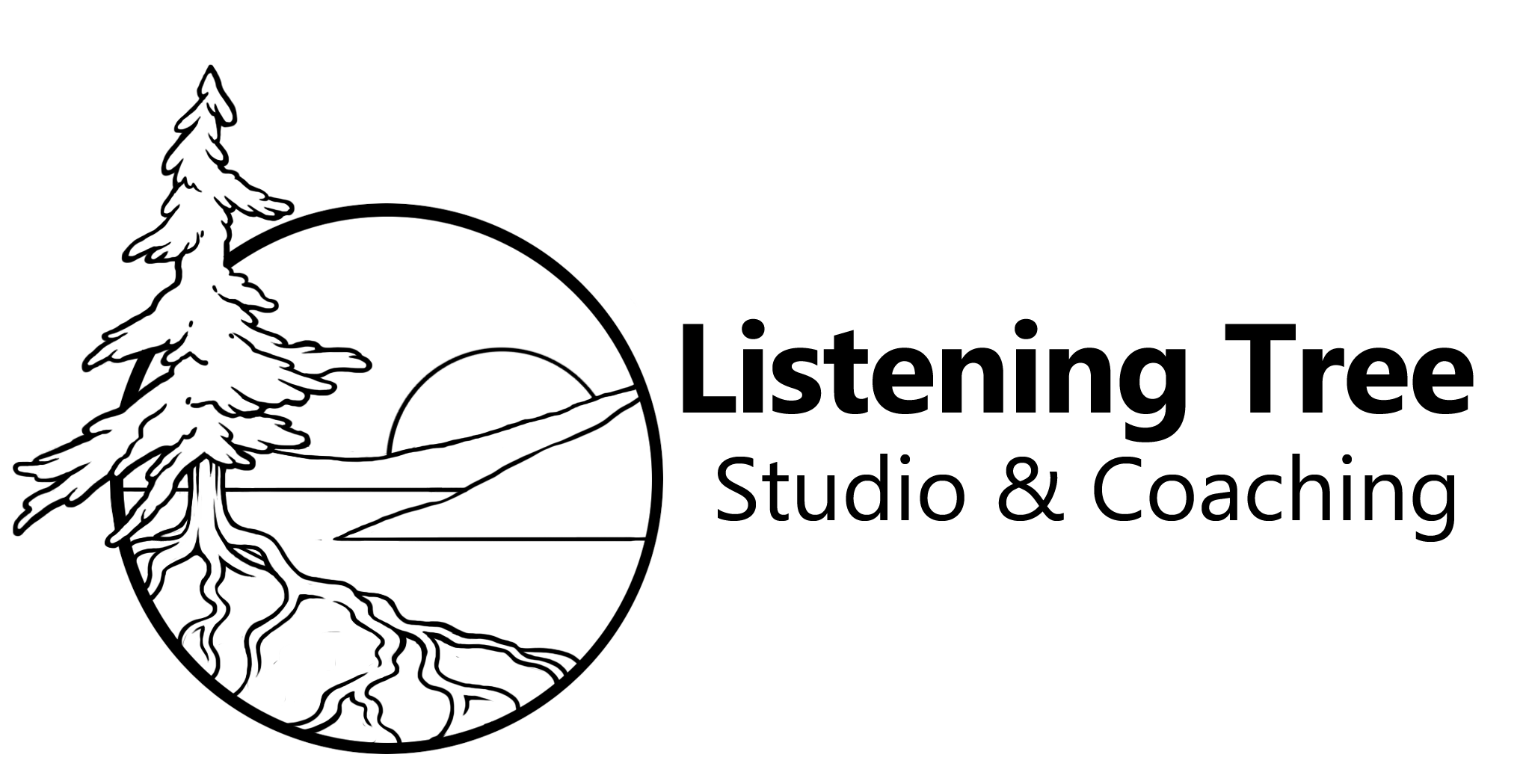
TRUST
Trust is such a fragile thing. It takes years to build and seconds to lose.
What is trust? Why is it so important? How do we rebuild it after it has been lost?
As I was musing on writing this article, I would interchange truth with trust. The reason for this is that they are deeply intertwined. The Oxford Dictionary defines trust as “the belief that somebody/something is good, sincere, honest, etc. and will not try to harm or trick you” or “the belief that something is true or correct or that you can rely on it”. Woven through these definitions is the connection with truth.
Trust is something that is reliable, knowing what to expect from a given situation or person. Humans are animals too, and we are relaxed by consistent patterns. It frees us up to be vigilant about other less predictable parts of our lives. This helps us to relax our reactive reptilian brain and calms our emotional mammalian brain, and allows us to fully think and express ourselves through our rational frontal cortex. The reason why it takes so long to build trust is that all parts of our brain are testing for consistent patterns. Those who have had trust broken in the past will be very quick to put people back at square one, where others who have not had a significant break in trust will see any break in pattern as an anomaly to be watched, but not enough to create a full setback.
Trust really is elusive and can mean different things to different people, but it really breaks down into three categories.
- Trust in the world or larger community – Is there a predictable rhythm to how the world works, and are the patterns unfolding as we expect? In general, do we view the world as a safe place or that we expect things from the world at large, our country or our community?
- Trust in our relationships with others – are there people in our lives who have our best interests at heart? Is there trust, understanding, healthy boundaries and respect with those we consider closest to us, be they friends or relatives?
- Trusting ourselves – are we making decisions that support the life we want? Are we setting healthy boundaries, so our own needs are being considered? Are we being honest and authentic with ourselves?
When considering the questions in each of these areas, it is plain to see where we have work to do when it comes to trust. For some, it may be in all areas.
What kind of trust do you want in these three areas of your life?
What is the difference between the trust you want and the level of trust you presently have?
Noticing where you are and where you want to be is an important first step.
Further steps can be made through different activities on your own or with professional support.
How do you want to move forward with trust?
Oxford Learners Dictionary Online – https://www.oxfordlearnersdictionaries.com/us/definition/english/trust_1?q=trust
PsychCentral – https://psychcentral.com/blog/why-is-trust-important#5




